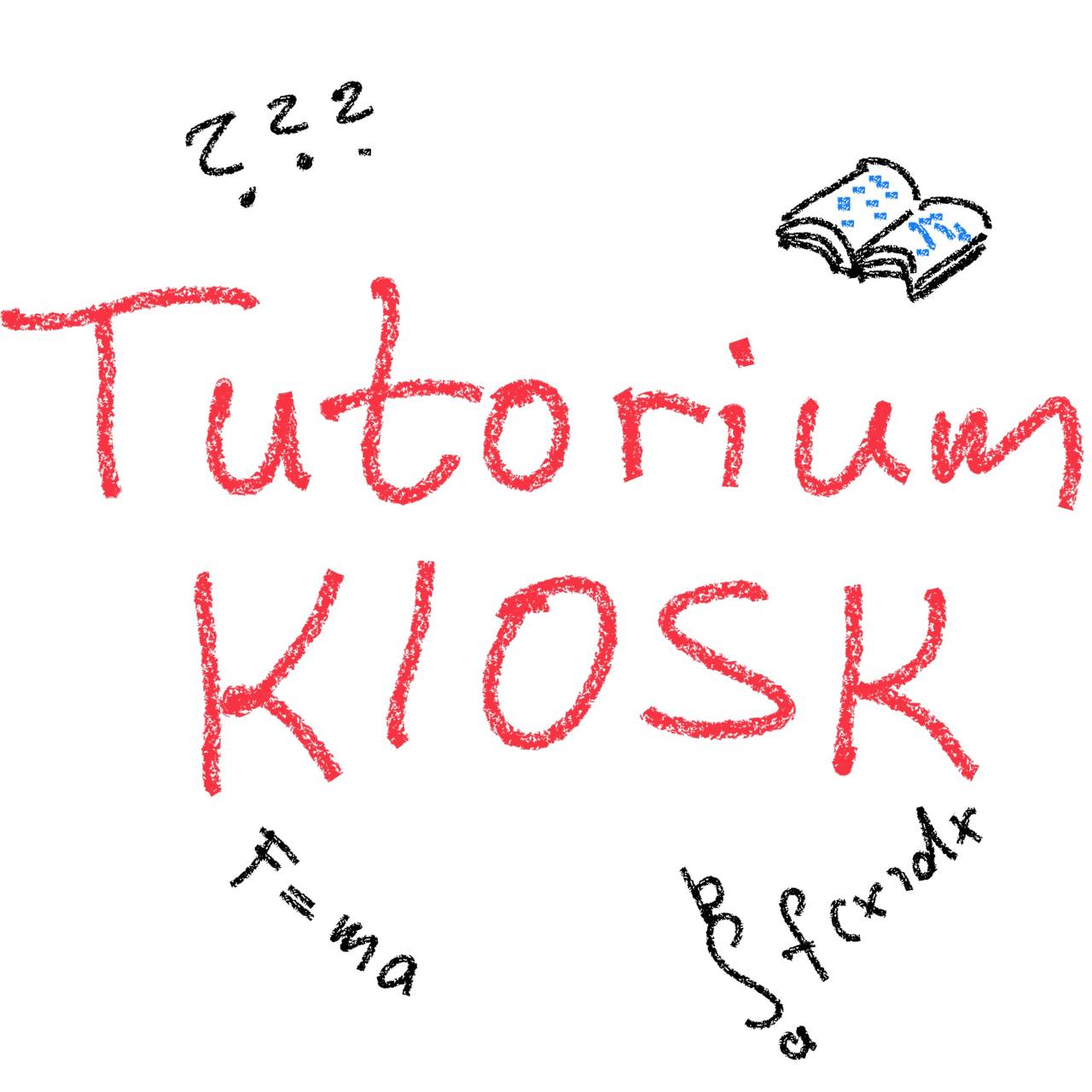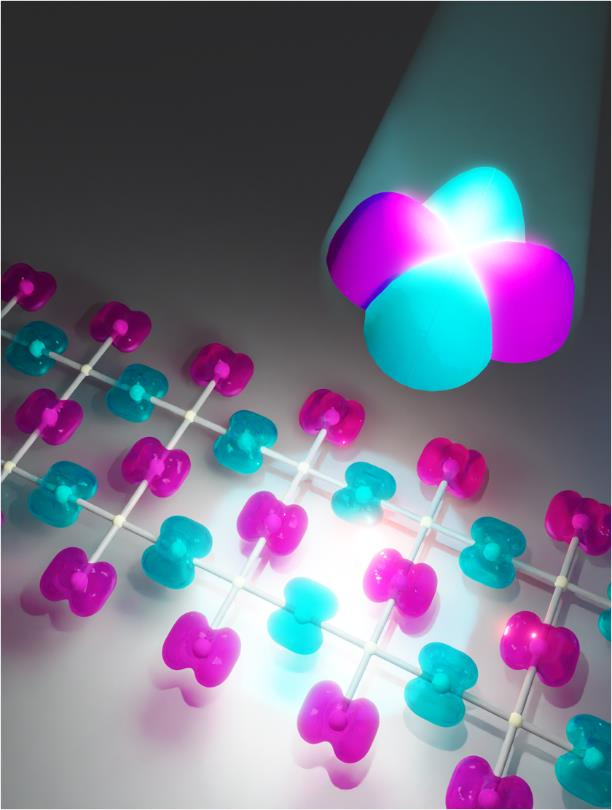
Dienstag, 6.8.
– 12:50 Uhr: Gemeinsame Anfahrt von Köln Süd, Gleis 1
– 14:00 Uhr: Start der Demo auf dem Bonner Marktplatz
In ihrem Koalitionsvertrag hatte die Ampel-Koalition angesichts zu kleiner, aber kontinuierlicher Proteste, an denen wir uns auch immer beteiligt haben, eine grundsätzliche BAföG-Reform angekündigt. Diese Reform würde angesichts der „Zeitenwende“ fast komplett gestrichen. Die zum nächsten Semester beschlossenen Änderungen sind noch nicht einmal ein Ausgleich der zwischenzeitlichen Inflation und der Höchstsatz reicht nach wie vor nicht zum Überleben und ein Drittel aller Studierenden ist armutsgefährdet. Die 1971 mit dem Bafög erkämpfte Garantie des Rechts auf Bildung für Alle verkommt zur Farce.
Es ist Zeit für einen Paradigmenwechsel: Statt „Zeitenwende“ brauchen wir eine Studienfinanzierung, die den Dauerzustand der Prekarität aufhebt und das Menschenrecht auf Bildung für alle ermöglicht! Wir brauchen eine Studienfinanzierung, die unabhängig von Elternhaus und Staatsbürgerschaft allen ein unbedrängtes und kritisches Studium ermöglicht.
Deshalb schließen uns der Bonner Demo an, die von einigen Bonner Hochschulgruppen, einigen Bonner Fachschaften, dem wissenschaftlichen Personalrat der Uni Bonn und dem Bonner SDAJ getragen wird.




 Nature, one of the most prestigious journals, thrives on letting university employees around the world work for it free of charge.
Nature, one of the most prestigious journals, thrives on letting university employees around the world work for it free of charge. 